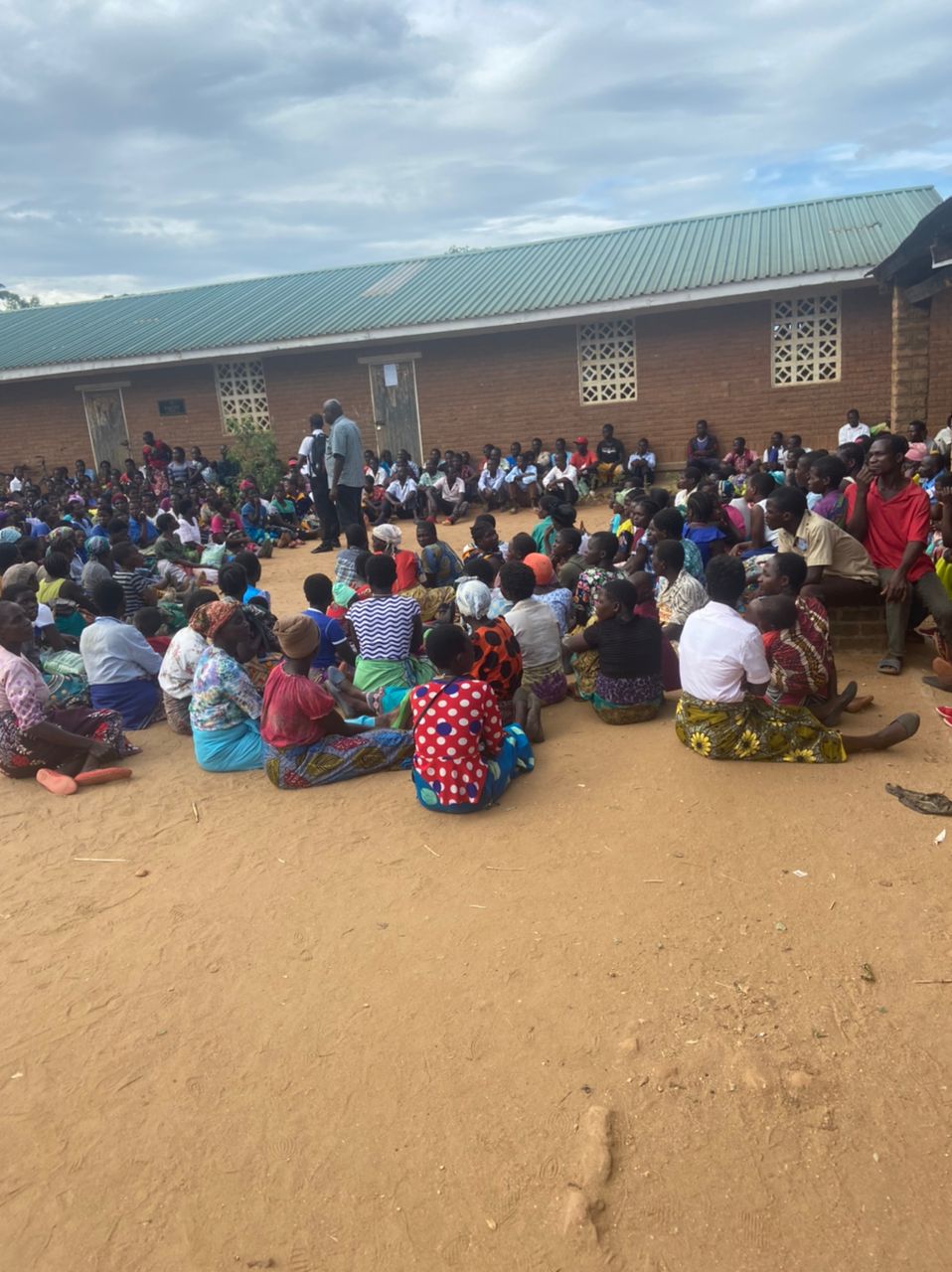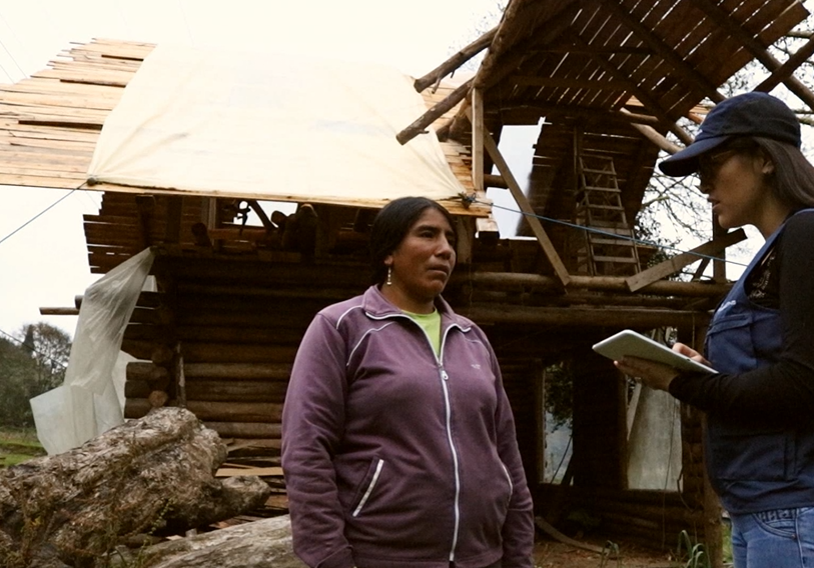Publication: 14 August 2023 Catastrophes and disasters can propel individuals into poverty, while also precipitating physical and psychological health issues, disproportionately affecting the most vulnerable segments of society. Emergencies, catastrophes, and disasters each constitute distinct events, with emergencies being less devastating but increasingly frequent due to climate change. The hazards cycle encompasses mitigation, preparedness, response, and recovery stages. Preparedness entails proactive planning and resource allocation for effective response, although emergencies may prove trickier to discern than outright disasters. The stages of response and recovery might interweave in emergencies due to their protracted nature. To address this, SOPROEN has developed an Emergency Response System (ERS) incorporating protocols and an information management framework. SOPROEN presents three ERS acquisition options: full knowledge transfer, partial transfer with ongoing support, or support solely during emergency scenarios. Upon acquisition, SOPROEN tailors the ERS to the specific needs of the host nation, imparts training to local officials, and activates the ERS when emergencies arise. The ERS activation sequence encompasses emergency assessment, operational design, configuration of the Emergency Management Information System (EMIS), implementation of the project cycle, distribution of payments, and reconciliation of finances. Experience gleaned from Malawi’s operations spanning from 2020 to 2023, underscores the efficacy of SOPROEN’s interventions through the ERS. Notably, successful responses were mounted for a spectrum of emergencies including COVID, drought, and flooding, showcasing enhanced response swiftness and efficacy. This experience has empowered the Ministry of Gender, fostering increased proficiency in emergency management and yielding expedited and more efficient responses. Download Article ...
Publication: 03 March 2023 Thanks to SOPROEN’s experience in the area of social protection, we have been developing methodologies and proposals to face shocks caused by emergencies due to climate change that affect the poorest families to a greater extent. In this document we present solutions that can be offered in the face of different types emergencies and the role that SOPROEN plays in the different stages of an emergency. An analysis is made on: types of disasters, climate change emergencies, current challenges in implementing effective responses, measures to correct them, and the role of SOPROEN in the extreme and gradual disasters. Download Article ...
Publication: 06 Oct 2022 At SOPROEN, we have learned and developed different methodologies to implement social protection programs around the world. After having witnessed the implementation of more than 100 social protection projects in over 40 countries, we are in the position to also share key lessons which we have learned over the years as social development consultants. The objective of this document is to present SOPROEN’s solutions, innovations, and impact-based findings. This document briefly shows some products/services being offered by SOPROEN and delivered in the recent past while providing technical assistance within the social protection sector: (i) a proposed revised social protection delivery chain, (ii) delivery systems supported by dynamic information systems, (iii) target-oriented communication and promotion strategies, (iv) delivery systems adapted to support climate change response actions, (v) SOPROEN’s emergency response system (vi) characteristics of dynamic institutional arrangements, and (vii) an example of the SOPROEN’s comprehensive solution. Download Article ...
Publication: 2019 Linkages and Referrals System: A practical means to guide poor and vulnerable households to complementary services upon their needs Cash Transfer Programs (CTPs) have global success in alleviating short-term poverty by providing direct, regular, fixed monetary assistance to households in need. These transfers reduce economic distress, enabling beneficiaries to prioritize essential needs like food, clothing, healthcare, debt repayment, and community involvement, fostering attitudinal changes and self-improvement. While CTPs are vital for social protection, they alone cannot eliminate poverty or improve living conditions. Beneficiaries often require access to additional services and face limitations in information and service access. Ayala Consulting Group proposes a Linkages and Referrals (L&R) system to help CTP agencies systematically connect beneficiaries with complementary services in various sectors. The L&R system aims to bridge the gap between CTP beneficiaries and Service Providers (SPs) in sectors like trade, agriculture, housing, labor, and more. It targets poor and vulnerable households, assesses their specific needs, and refers them to available SPs. This paper outlines an L&R model based on international experiences and Malawi interventions by Ayala Consulting Group. Sections explore background experiences, previous Malawi initiatives, system design elements, implementation results, beneficiary and provider perceptions, lessons learned, and integration with other household registries. Click to access and download the article for further reading! Download Article ...








